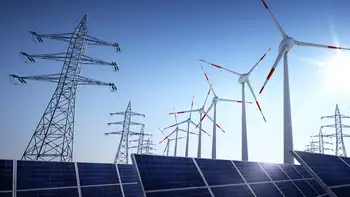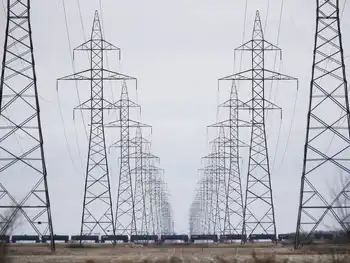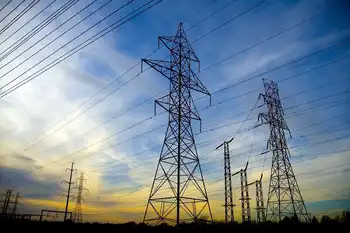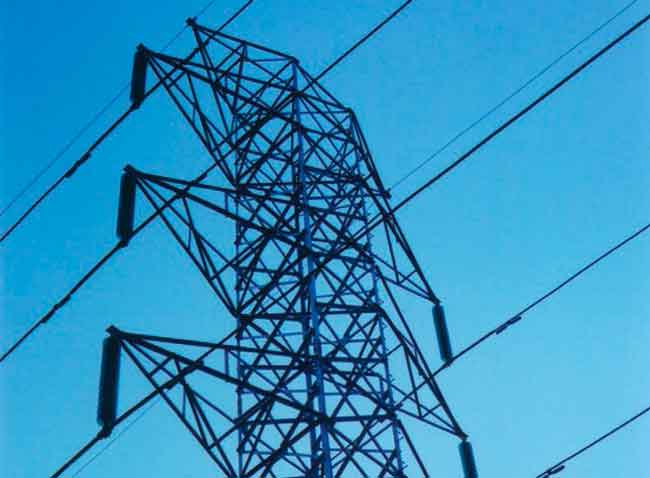Hard to predict how regulations will affect energy costs
By Canadian Business Online
NFPA 70e Training
Our customized live online or in‑person group training can be delivered to your staff at your location.

- Live Online
- 6 hours Instructor-led
- Group Training Available
The Public Service Commission is reviewing the company's plan for buying electricity in the coming years. NorthWestern wants to get back into the energy production business that was lost during deregulation and the transformation from the old Montana Power Co.
But NorthWestern says it is hard to predict what will happen with carbon rules in Congress. Such rules, and the potential for a special tax, could impact decisions in trying to find the cheapest power sources for Montana consumers.
The company says the tax, and rising fuel costs, mean that Montanans will likely be paying more for electricity in coming years regardless of what is done.
"You are attempting to make a forecast predicting, when you have no idea what is going to happen," said commissioner Doug Mood. "We ought to be warning people in this state that we have no idea what is going to happen to the price of electricity."
Currently, NorthWestern does not have its own electricity production. The cost that NorthWestern pays for electricity, from such companies as PPL Montana, a unit of PPL Corp., is largely passed onto consumers.
John Hines, NorthWestern's chief supply officer, said the company is phasing in more long-term contracts out past five years as a way to steady market turmoil.
Hines said the company is carefully taking "baby steps" toward building its own energy production to further steady energy prices. It could take 20 years or more to become "fully integrated."
Such a move was allowed by legislation last year that undid some of the state's so-called deregulation laws of the 1990s. Deregulation banned the utility from also owning the power production.
Hines said there is an "incredible amount of risk" until then because the company will be subject to the cost of power on the open market.
Commissioner Ken Toole told the company that he believes there are strategies, such as conservation, that could mitigate the risk of fuel prices.
Other commissioners also talked about the need to develop resources that don't use fossil fuels, such as geothermal and compressed air storage.
Commissioner Chairman Greg Jergeson said he is critical of Northwestern for not analyzing the possibility of allowing the utility arm of the company to buy the corporate parent's interest in a Colstrip coal-fired power plant — which NorthWestern is considering selling.
Jergeson said that plant could provide valuable energy and help the utility.
"I think there are ways they could make that a valuable rate-based asset in their portfolio," he said.
The PSC will offer written comments in the plan in a couple of months, which will help the company make decisions down the road, Jergeson said.











